After having had three extremely ill chickens in urgent need of medical care recently, it has become painfully apparent to me that finding trained medical professionals who treat backyard chickens is difficult at best. If and when we are able to find any veterinarian willing to treat chickens, we consider ourselves lucky. Once past that hurdle, we just hope that they do the right thing from a treatment perspective, knowing that most vets do not have any significant formal training in poultry care. A 2013 study published by the United States Department of Agriculture’s National Animal Health Monitoring System projecting an increase in urban backyard flocks of over 400% in the next 5 years, it is time to discuss our expectations for medical care of our chickens among ourselves and with our veterinarians.
I have had chicken-care conversations with nearly a dozen vets over the past year, one of whom emailed me last autumn with some questions about starting her own backyard flock. I mentioned the dire need for chicken veterinarians across the United States and she indicated that she “…would like to feel educated on the basics of chicken medicine.” I encouraged her to seek formal education in the field not only for her own future flock, but to help bridge the gap between sick or injured chickens and caregivers. I was heartened to know that she completed some online education this past winter.

Esther had ovarian cancer, a very common condition in older laying hens, which required putting her down. Stella was also euthanized when it was discovered that she had a severe case of egg yolk peritonitis. Both conditions were confirmed by necropsies.
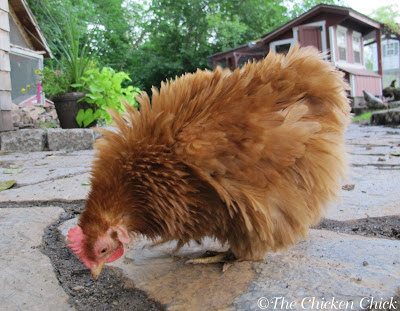
After having participated in a public forum on backyard chicken-keeping recently, this particular veterinarian’s feelings were that: “chicken people complain that vets don’t know anything but they also are willing to pay nothing to have their animals taken care of properly. It’s a bad cycle of bad feelings. I hate for (animals) to suffer with a treatable problem. I could use some guidance regarding charging for treatment and an approach to dealing with the notion that vets don’t know anything about chickens.” She and I have had several discussions about veterinary care for backyard chickens. I admire her candor and willingness to discuss these issues and while I am happy to share my opinions with her, I believe these important topics ought to be discussed within and between the chicken-keeping and veterinary healthcare communities generally. Only by fleshing out these issues collaboratively, nation-wide can we eventually come to a place where we are comfortable discussing our birds’ health with our vets, comfortable with the care our chickens receive and where vets are comfortable including chicken-care as a component of their practice.
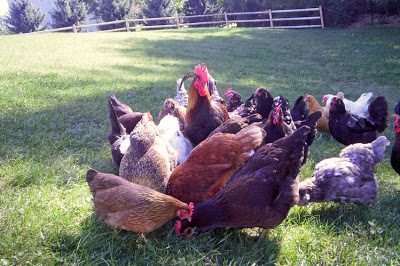
Edited to add: This subject hit the front page of The Wall Street Journal after reporter Jon Kamp contacted me to discuss an different topic, piquing his interest in the lack of trained, experienced poultry vets for backyard chickens.

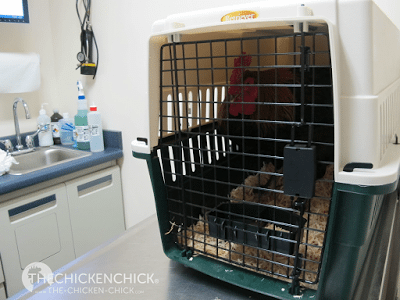
I invite you to share your thoughts on some, any or all of the questions below. Please limit your comments to constructive input regarding your own thoughts, feelings and decisions you would make for your flock. Please refrain from passing judgment on the decisions another chicken-keeper may make for their flock or engaging in debate with another reader. Comments will be moderated to ensure compliance with this request for a judgment-free dialogue.
For example:
DO feel free to share that you view your chickens as livestock and if they are sick, you cull them.
DO NOT share that you believe anyone who takes their chicken to a vet is wasting their money.
Some of the issues you may wish to address are:
- Do you view your backyard chickens as livestock, pets or something else?
- Is it important to you to know that there is a veterinarian available who will treat your chicken(s)?
- Would you bring a chicken to see a vet if they did not have chicken training/experience?
- If a chicken vet practiced medicine in your community, would you bring your chickens to them for well-patient visits?
- Are you willing to pay the same exam and treatment fees for your chickens that you would pay for your cat or dog?
- Do you believe that the negligible cost of purchasing a chicken means that vets should discount their fees? If so, is that fair to the practitioner?
Please feel free to share any other thoughts you may have on the subject of chicken medical care in the comments below.
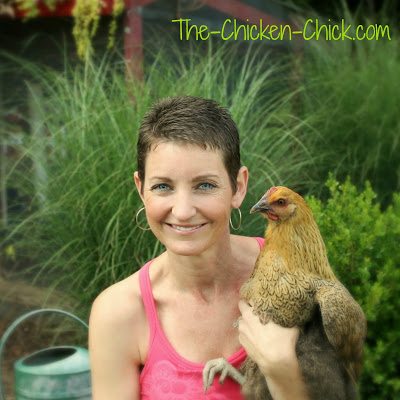
Kathy Shea Mormino
Affectionately known internationally as The Chicken Chick®, Kathy Shea Mormino shares a fun-loving, informative style to raising backyard chickens. …Read on


shop my SPONSORS
After having had three extremely ill chickens in urgent need of medical care recently, it has become painfully apparent to me that finding trained medical professionals who treat backyard chickens is difficult at best. If and when we are able to find any veterinarian willing to treat chickens, we consider ourselves lucky. Once past that hurdle, we just hope that they do the right thing from a treatment perspective, knowing that most vets do not have any significant formal training in poultry care. A 2013 study published by the United States Department of Agriculture’s National Animal Health Monitoring System projecting an increase in urban backyard flocks of over 400% in the next 5 years, it is time to discuss our expectations for medical care of our chickens among ourselves and with our veterinarians.
I have had chicken-care conversations with nearly a dozen vets over the past year, one of whom emailed me last autumn with some questions about starting her own backyard flock. I mentioned the dire need for chicken veterinarians across the United States and she indicated that she “…would like to feel educated on the basics of chicken medicine.” I encouraged her to seek formal education in the field not only for her own future flock, but to help bridge the gap between sick or injured chickens and caregivers. I was heartened to know that she completed some online education this past winter.

Esther had ovarian cancer, a very common condition in older laying hens, which required putting her down. Stella was also euthanized when it was discovered that she had a severe case of egg yolk peritonitis. Both conditions were confirmed by necropsies.

After having participated in a public forum on backyard chicken-keeping recently, this particular veterinarian’s feelings were that: “chicken people complain that vets don’t know anything but they also are willing to pay nothing to have their animals taken care of properly. It’s a bad cycle of bad feelings. I hate for (animals) to suffer with a treatable problem. I could use some guidance regarding charging for treatment and an approach to dealing with the notion that vets don’t know anything about chickens.” She and I have had several discussions about veterinary care for backyard chickens. I admire her candor and willingness to discuss these issues and while I am happy to share my opinions with her, I believe these important topics ought to be discussed within and between the chicken-keeping and veterinary healthcare communities generally. Only by fleshing out these issues collaboratively, nation-wide can we eventually come to a place where we are comfortable discussing our birds’ health with our vets, comfortable with the care our chickens receive and where vets are comfortable including chicken-care as a component of their practice.

Edited to add: This subject hit the front page of The Wall Street Journal after reporter Jon Kamp contacted me to discuss an different topic, piquing his interest in the lack of trained, experienced poultry vets for backyard chickens.


I invite you to share your thoughts on some, any or all of the questions below. Please limit your comments to constructive input regarding your own thoughts, feelings and decisions you would make for your flock. Please refrain from passing judgment on the decisions another chicken-keeper may make for their flock or engaging in debate with another reader. Comments will be moderated to ensure compliance with this request for a judgment-free dialogue.
For example:
DO feel free to share that you view your chickens as livestock and if they are sick, you cull them.
DO NOT share that you believe anyone who takes their chicken to a vet is wasting their money.
Some of the issues you may wish to address are:
- Do you view your backyard chickens as livestock, pets or something else?
- Is it important to you to know that there is a veterinarian available who will treat your chicken(s)?
- Would you bring a chicken to see a vet if they did not have chicken training/experience?
- If a chicken vet practiced medicine in your community, would you bring your chickens to them for well-patient visits?
- Are you willing to pay the same exam and treatment fees for your chickens that you would pay for your cat or dog?
- Do you believe that the negligible cost of purchasing a chicken means that vets should discount their fees? If so, is that fair to the practitioner?
Please feel free to share any other thoughts you may have on the subject of chicken medical care in the comments below.





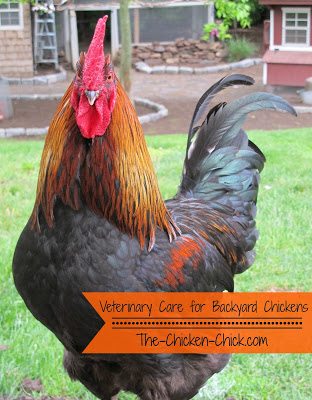

















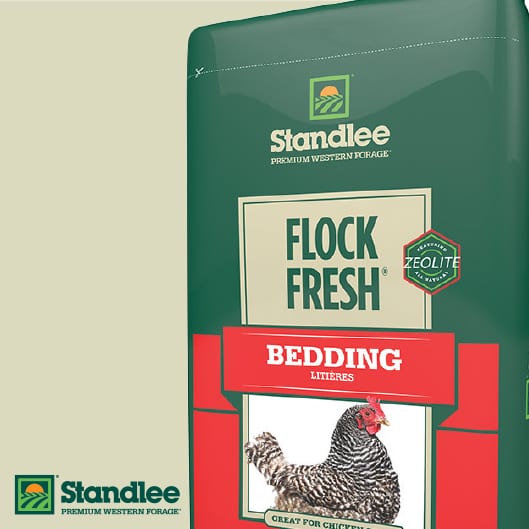
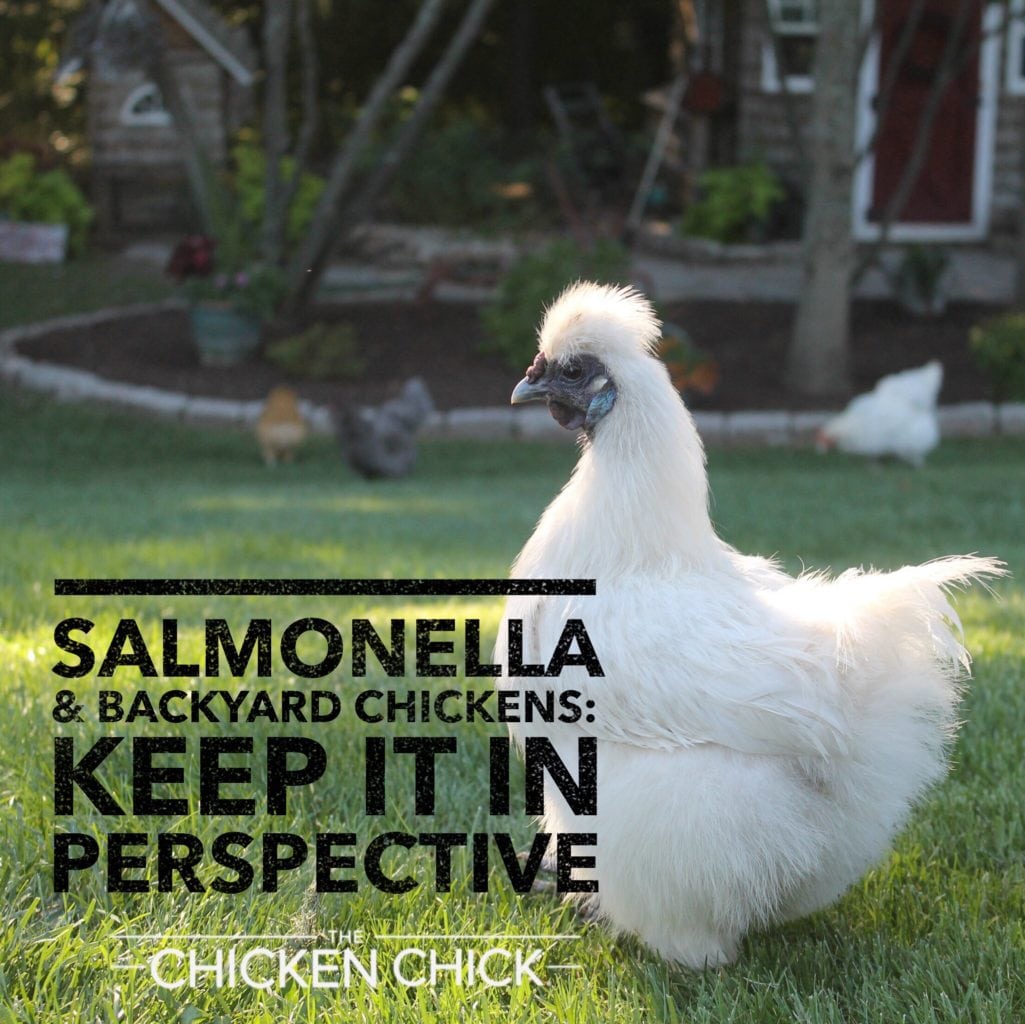
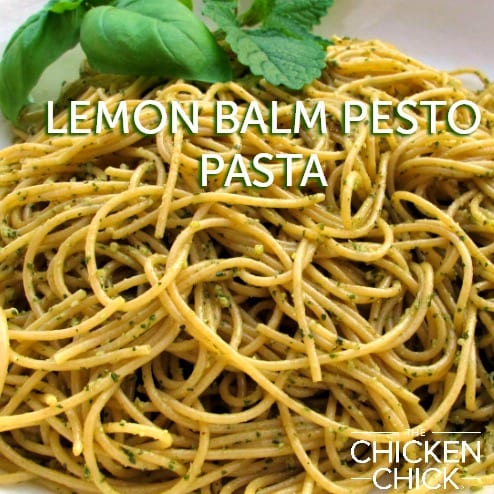
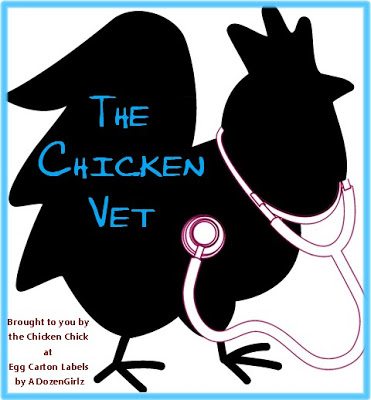













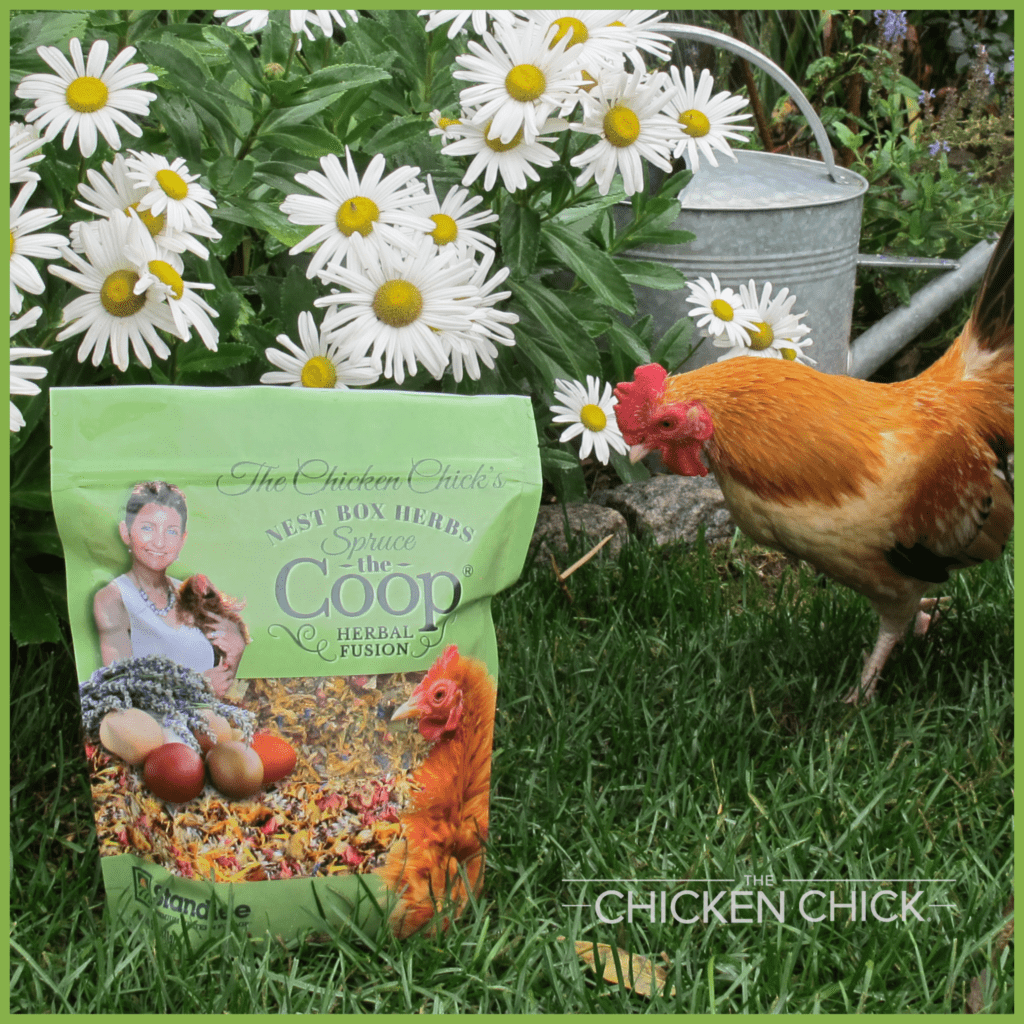

Hi,
I have about 20 chickens now and they are my pets,, all with names. I use the vet that I take my dogs and cats to. There is no vet near me that treats chickens. My vet and I try to figure out the problem and solve it. I am fortunate that he will help me when needed. He also will put down my chickens if we cannot fix the problem. I feel that, like you Kathy, they are my responsibility to care for properly and with love.
I view my chickens as pets with benefits. I would expect to approach their veterinary care on the same way that I do for my dogs. If a vet were competent, I would expect to pay a fair price for her expertise. Much of the debate about veterinary care for chickens seems to rest on the chicken keeper's philosophy. Here in California, chicken keeping is becoming quite trendy. As the rich and famous keep chickens in luxury coops, suburban people follow suit. These pet owners spoil their pets with spa treatments and rooms at the Four Seasons, it seems reasonable… Read more »
Our family just began raising chickens this spring. We started with 11 hens (at least we're pretty sure they are all hens) from which we are just beginning to get a few eggs a day. As of right now, we consider them to be backyard poultry because we haven't had them very long and have yet to really get attached to them. They are cute, they are fun to watch, and they are just enough work to keep us busy but not so much that we will get overwhelmed by them. I know we have a lot yet to learn… Read more »
i believe that my chickens should be regarded as any of the other animals within my family. we all serve a purpose in it, as such, my horses; trail ride, provide companionship, and do no other form of "livestock" production however, I spend a considerable dollar amount taking care of them. My chickens; produce eggs, are meat birds at times and also provide fun and entertainment to my girls and yes, I would pay the same amount at a vet if they were to fall ill as if it were a cat or other small domesticated house pet. I feel… Read more »
We view our chickens somewhere between livestock, (me) and pets, (my husband). I got chickens for the fresh eggs, but have learned to appreciate their different personalities. They are fun and the eggs are delicious!I would not be willing to pay for well visits, nor would I want to pay the same for vet services that I would for a dog. Nor would I be willing to see any living thing suffer and so, would cull if necessary, though it has not been necessary yet.That being said….If I did take my chicken to a vet, I would expect to pay… Read more »